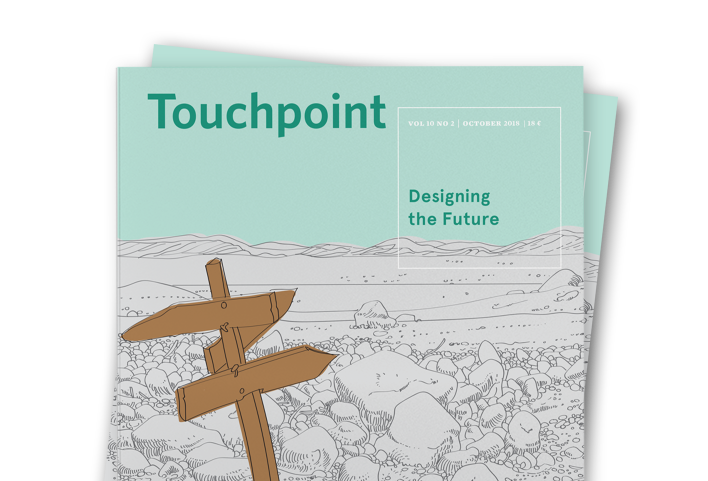
24 Touchpoint articles in this issue
Touchpoint overview

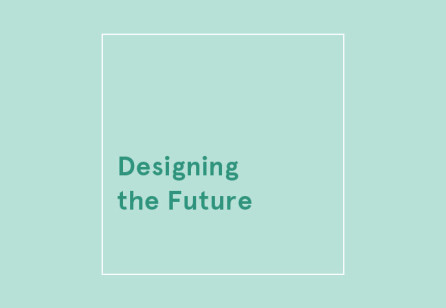
From the editors
As the pace of technological innovation continues unbroken, the services we use in our day-to-day lives more and more resembles the stuff of science fiction films.
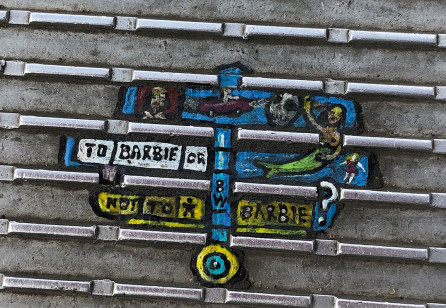
Designing Future Culture
While walking across the Millennium Bridge in London earlier this year, I noticed a group of people standing around and looking down curiously at a man who was laying at their feet.
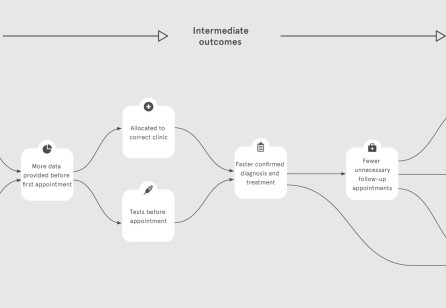
Prototyping for Impact in Healthcare
Pressures for efficiency and savings that drive digital innovation projects in the UK healthcare sector have created an increased focus on short-term goals and a fragmentation of services.
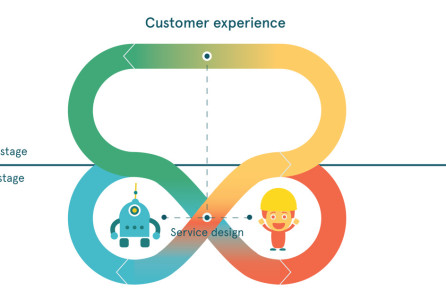
Human Machine Collaboration
As we shift towards an AI world, service designers have an important role to play in designing a new relationship between humans and computers in the workplace.
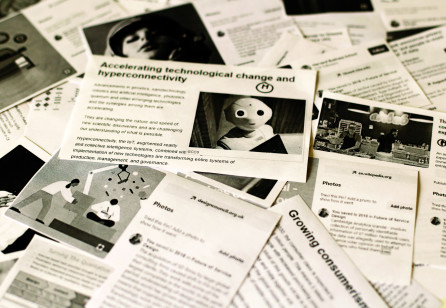
The Future Faces of Service Design
The future of service design has become a trendy topic in the service design community worldwide. Recognising the scarcity of evidence-based analysis of this topic, we applied foresight tools to explore four alternative scenarios for the development of service design in the coming years.
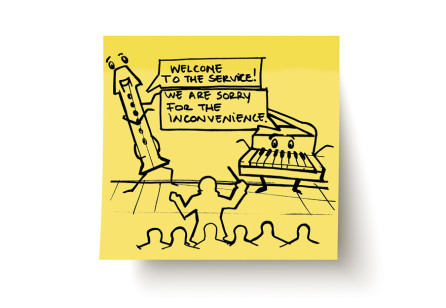
The Difficult Task of Orchestrating AI-powered Services
Without good user-centred design approaches, AI technologies will most likely struggle to be integrated into complex service industries such as healthcare and travel. The challenge of the future will become how to design authentic experiences within these service contexts.
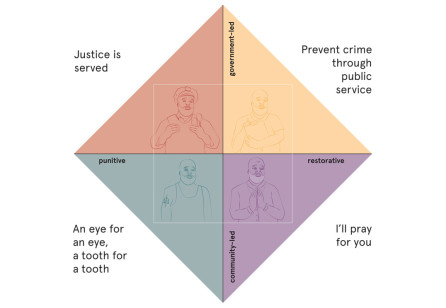
Radical Futures
Designing for the future provides a chance to question the status quo and build a path towards equity. However, when we focus on solving problems within existing systems, it is difficult to challenge the system itself. Instead, what if we designed services for a future in which we believe differently?
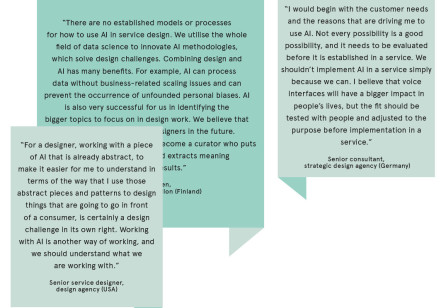
Artificial Intelligence: A Threat or an Opportunity?
Artificial intelligence (AI) has triggered many debates since its birth in the 1950s. From dystopian views to high praise, opinions about the effects and role of AI vary from one person to the next. In the field of service design, however, the topic of applying AI is still in its infancy.
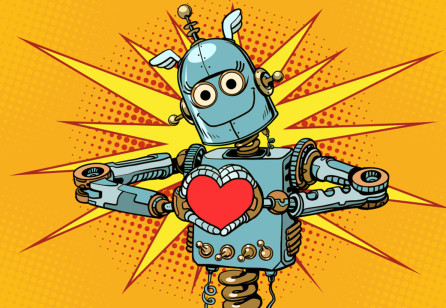
Designing Relationships with Technologies which Pass as Humans
More realistic and human-like technology presents unique challenges for service designers. In this brief essay, I will introduce some of these tough ethical challenges and explain why it is imperative that we design relationships with digital services that are constructive, non-deceptive and non-abusive.
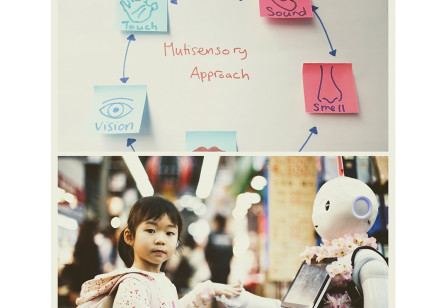
Aesthetics of Interaction between Human and AI
Some of the Smart Service Artefacts (SSAs)1 that have not been able to establish emotional connections with users will continue to face an ongoing challenge of user drop-off.

The Future of Service Design in a Post-Human World
One of the fundamental aspirations of service design is to attend to human needs and relations that are unique to service interactions. However, in our technology-laden world, the boundaries between a service and a product are blurring.
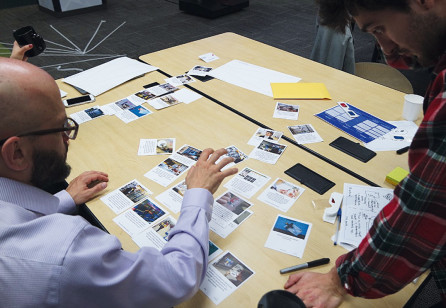
Speculative Design and Service Design: A False Dichotomy
This article focuses on two practice-based experiments that tested the integration of speculative design and service design around the subject of the future of work.
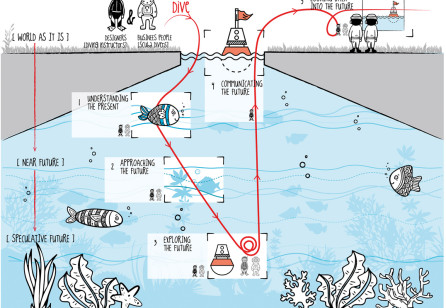
Introducing DIVE for SMEs
Futures thinking is an important capability to support the sustainability of any kind of organisation. Examples of these techniques are technology roadmapping, a managerial practice used extensively in tech industries, and concept cars, a practice that has long been used by automakers as a design-led way to envisioning future products.
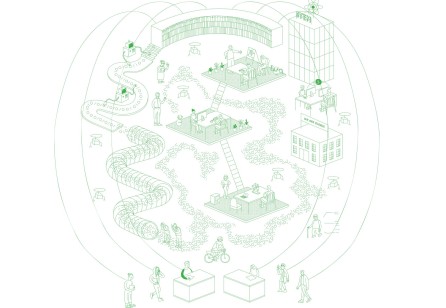
Futures Thinking: A Mind-set, not a Method
Design practices are becoming increasingly future-focussed, reflecting the complexities of the design challenges that we face. Futures thinking can offer us tools and methods to help with this, but more than that, it might offer us a new way of seeing the world that we design for.
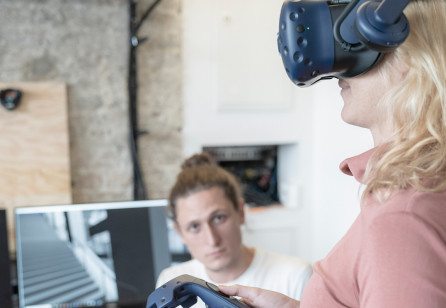
Prototyping Spatial User Experiences
Using immersive technologies gives service designers and clients the opportunity to research complex service ecosystems.
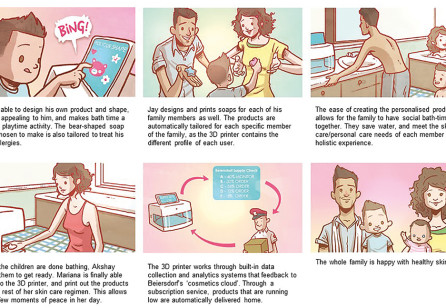
How Foresight Practices Support Service Innovation
Imagine if you could have all your soaps, moisturisers and other daily skin care products produced instantly by a 3D printer in your bathroom...
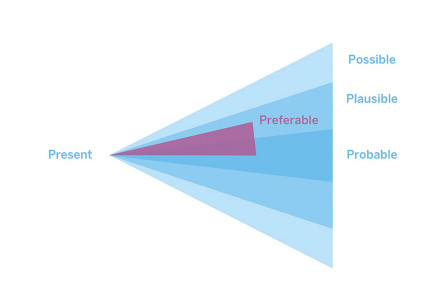
Aligning Future Vision in Large and Diverse Organisations
Co-creating future visions in large organisations can be a daunting task, involving multiple stakeholders with diverse viewpoints, cultural backgrounds, levels of influence and commitment.
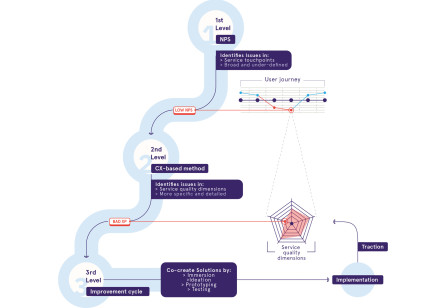
A Customer Experience-centric Approach to Service Quality
Traditionally, the concept of ‘Service Quality’ (SQ) is defined as the gap between expectation and perception (1). In this article, we present a customer experience-centric approach to service quality that focuses on the impact that service design processes have in delivering a strategically-defined experience proposition.
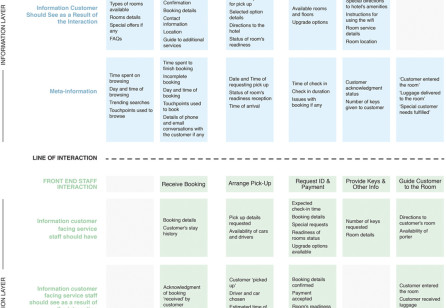
Designing Better Services by Designing Access to Information
Information plays an integral role when it comes to both providing and consuming a service. Each interaction that takes place throughout the entire service journey requires certain information to be presented in an accessible format for the interaction to be successful.
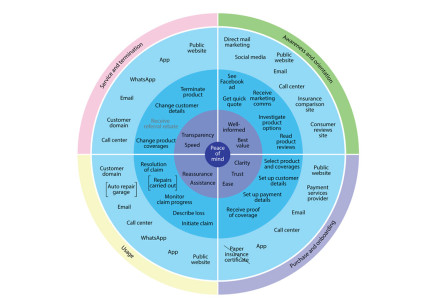
Using a Service Ecosystem to Quickly Grasp Complexity
A unique visualisation to deliver insights right from the start of a service design project.

Smart Service Design for a Shanghai Garment Store
This paper presents the results of intelligent technology research and case studies in a modern garment store in China.
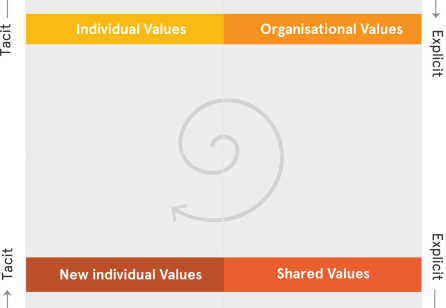
Culture-driven Service Transformation: A Framework
Today, organisations are going through sporadic transformations of varying magnitudes, contexts and complexities.
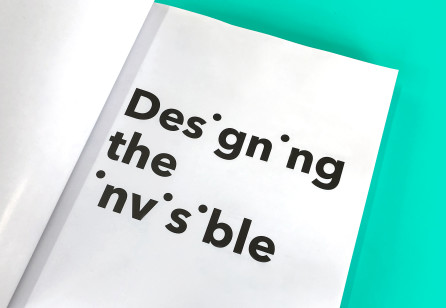
Lara Penin
For this issue of Touchpoint, Editor-in-Chief Jesse Grimes met with service design pioneer and educator Lara Penin, who has recently made a great contribution to the service design literature, with her publication of 'An Introduction to Service Design: Designing the Invisible'.
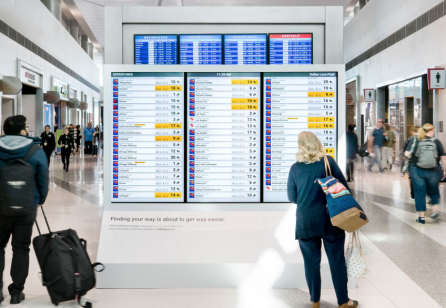
Congratulations to the Service Design Award 2018 Finalists
Out of more than 80 agency, corporate and student submissions from all around the globe, 16 finalists were selected by an international jury of service design experts.


